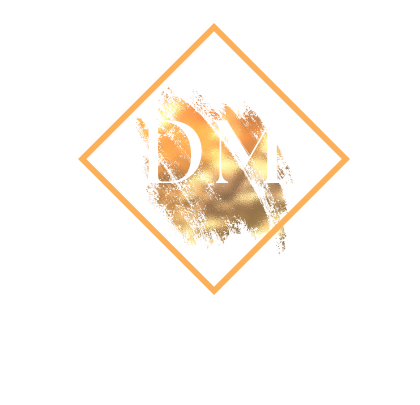Running a business today means handling customers smarter than ever before. Whether you are a startup, a small business, or a growing enterprise, the way you manage your customer relationships often decides your success. This is where CRM (Customer Relationship Management) software comes in.
But here’s the challenge: with so many CRMs in the market, how do you choose the right one for your business? In this blog, we’ll break it down step by step so you can make a confident, informed decision.
What is a CRM?
A CRM is a software tool that helps businesses store customer information, track interactions, manage leads, and improve sales and service. Instead of messy spreadsheets or scattered notes, a CRM gives you one single platform to understand your customers better and build lasting relationships.
READ MORE : https://digitalmohit.co.in/category/technology/
Why Choosing the Right CRM Matters
Investing in a CRM is not just about buying software. It’s about:
- Understanding Customers: Knowing their needs, preferences, and history.
- Boosting Sales: Tracking leads, opportunities, and conversions more efficiently.
- Improving Service: Resolving queries faster and keeping customers satisfied.
- Scaling Business: Automating repetitive tasks and freeing up your team for growth.
The right CRM can increase revenue, while the wrong one can waste time, money, and effort.
READ MORE : https://digitalmohit.co.in/category/business/
Steps to Choose the Right CRM for Your Business
1. Identify Your Business Needs
Start by asking yourself: Is it for sales tracking, customer support, marketing campaigns, or all of the above? A small business may need a simple contact management tool, while a large company may need advanced automation and analytics.
2. Set a Budget
CRMs come in all price ranges. Some offer free basic plans, while enterprise-level solutions can cost a lot. Decide how much you are willing to invest and look for options that give you the best features within your budget.
3. Look for Easy-to-Use Interface
A CRM is only useful if your team actually uses it. a clean, intuitive interface that doesn’t require months of training. Simplicity often beats complexity.
4. Check Customization Options
Every business is unique. The right CRM should let you customize fields, dashboards, and workflows according to your processes. Avoid rigid systems that force you to adapt to them instead of the other way around.
5. Consider Scalability
Your business may be small today, but where do you see it in three years? Pick a CRM that can grow with you, offering advanced features, higher storage, and more integrations as your business expands.
6. Integration with Other Tools
A good CRM should work seamlessly with your email, accounting software, marketing tools, and communication platforms. Integrations save time and make your business more efficient.
7. Mobile Accessibility
In today’s world, business happens on the go. Ensure your CRM has a strong mobile app so your sales and support teams can update information anytime, anywhere.
8. Data Security
Your CRM will store sensitive customer data. Make sure the platform you choose follows strong security measures like encryption, access control, and backups. Trust is everything when it comes to customer information.
9. Customer Support from the Vendor
Even the best CRMs will need support during setup or troubleshooting. Check if the CRM provider offers responsive customer support, training, or onboarding assistance.
10. Try Before You Buy
Most CRMs offer free trials or demo versions. Use them to test features, see how user-friendly the software is, and get feedback from your team before making the final decision.
Common Mistakes to Avoid
- Choosing Based on Brand Name Only: Just because a CRM is popular doesn’t mean it’s right for your business.
- Ignoring Team Input: If your team finds it hard to use, adoption will fail.
- Overpaying for Features You Don’t Need: Focus on must-have features, not fancy add-ons.
- Not Considering Future Growth: Buying a CRM that can’t scale will lead to higher costs later.
Benefits of the Right CRM
When you choose wisely, the right CRM will:
- Streamline your sales process
- Improve customer satisfaction
- Increase team productivity
- Provide better business insights
- Help you make data-driven decisions
Final Thoughts
Choosing the right CRM for your business is not just about technology — it’s about finding a partner that supports your growth. The key is to match the software’s strengths with your business needs, budget, and long-term vision.
Start small, keep it simple, and ensure your team is comfortable using the system. A well-chosen CRM can transform the way you connect with customers, giving your business the competitive edge it needs.















Leave a Reply